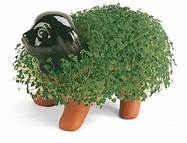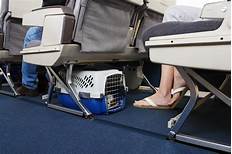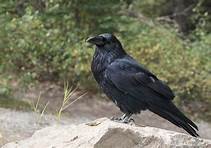Do Bloodhounds Make Good Pets?
Bloodhounds are renowned for their extraordinary tracking abilities, having been relied upon for centuries to assist law enforcement and search and rescue teams. Yet, behind their impressive professional demeanor lies a lesser-known side—their potential as devoted and affectionate companions in a domestic setting. This article delves into the intricacies of bloodhound ownership, exploring their characteristic traits, temperament, and suitability as family pets.

Temperament and Personality
Bloodhounds are renowned for their calm and docile nature. Inherently gentle and friendly, they are inclined to form deep emotional bonds with their owners. Their unwavering loyalty and eagerness to please make them exceptionally responsive to training, fostering a harmonious and enriching relationship between pet and owner.
Despite their tranquil disposition, bloodhounds possess an inherent independence and tenacity, remnants of their historical tracking roles. This independent streak can sometimes manifest as stubbornness, requiring patient and consistent training to redirect their attention and encourage obedience.
Activity and Exercise
Bloodhounds, despite their massive size, are surprisingly active and energetic. Their hunting ancestry endows them with remarkable endurance and a love for exploring their surroundings. Daily exercise is essential for maintaining their physical and mental well-being, preventing boredom-induced destructive behaviors.
Long walks, vigorous playtime sessions, and engaging activities like scent tracking or retrieving games are ideal ways to fulfill their exercise requirements. Regular outdoor adventures not only keep bloodhounds physically fit but also stimulate their curious minds and strengthen their bond with their owners.
Training and Socialization
Bloodhounds, with their inherent intelligence and eagerness to learn, respond exceptionally well to positive reinforcement training methods. Employing patience, consistency, and a generous supply of treats can effectively shape their behavior and instill desired obedience.
Socialization is another crucial aspect of bloodhound ownership. Early and regular exposure to various people, animals, and environments helps them develop well-rounded and adaptable temperaments. This proactive approach minimizes the likelihood of fear-based reactivity or aggression, promoting harmony and safety in diverse social settings.
Health and Care
Bloodhounds are generally healthy and robust, but like all breeds, they are prone to certain health conditions. Responsible breeders strive to maintain the breed's genetic integrity and minimize the risk of inheritable diseases. However, regular veterinary checkups and vigilant monitoring are essential for early detection and treatment of potential health concerns.
Some common health issues associated with bloodhounds include hip dysplasia, elbow dysplasia, gastric torsion (bloat), eye conditions such as glaucoma and cataracts, and various skin allergies. Proper nutrition, appropriate exercise, and prompt veterinary care play vital roles in ensuring the well-being and longevity of these beloved companions.
Conclusion
Bloodhounds, with their distinctive appearance, amiable nature, and impressive tracking abilities, can undoubtedly make wonderful companions in the right home. Their loyalty, affectionate demeanor, and willingness to please make them captivating additions to families seeking devoted and gentle canine companions.
However, their unique traits and inherent needs demand dedicated and responsible ownership. Prospective owners must be prepared to invest the time, energy, and resources necessary to provide these remarkable creatures with the exercise, training, and healthcare they deserve.
Declaration: All article resources on this website, unless otherwise specified or labeled, are collected from online resources. If the content on this website infringes on the legitimate rights and interests of the original author, you can contact this website to delete it.




